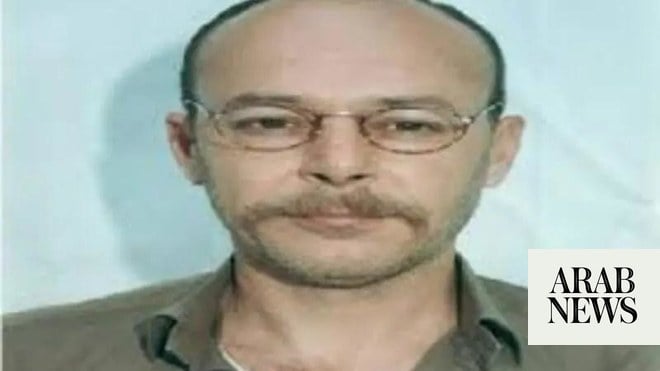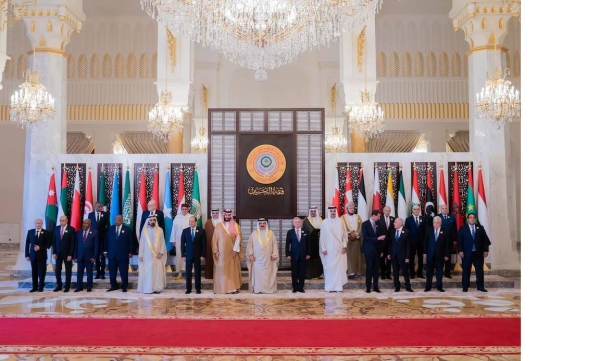
Tatour posted a video of herself reading her poem “Resist, my people, resist them,” in 2015, accompanied by pictures of clashes between Palestinians and Israeli forces, according to authorities.
The 36-year-old Israeli citizen was sentenced in July
An Arab Israeli woman jailed for five months for incitement to violence and support for a terrorist organization in online poems and other social media posts was released from prison on Thursday.
Dareen Tatour posted a video clip of herself reading her poem “Resist, my people, resist them,” in October 2015, accompanied by pictures of clashes between Palestinians and Israeli forces, according to authorities.
The posts on YouTube and Facebook came as a wave of Israeli-Palestinian violence was erupting, including Palestinian knife attacks.
The 36-year-old Israeli citizen was sentenced in July.
She was released on Thursday due to time served before her conviction, she and a prison spokesman said.
“Freedom is something so sweet that I can’t even describe it,” Tatour said after her release.
She added that she planned to publish a collection of poems and a novel on her experience in prison.
International writers’ group PEN defended Tatour’s actions.
She was “convicted for doing what writers do every day — we use our words to peacefully challenge injustice,” the group said.
The offending verses were quoted in Hebrew in the charge sheet, but according to an English translation on the Arabic literature site ArabLit, they contained the following:
“For an Arab Palestine, I will not succumb to the ‘peaceful solution,’ Never lower my flags, Until I evict them from my land, Resist the settler’s robbery, And follow the caravan of martyrs.”
Prosecutors said that on Oct. 4, 2015 she also quoted a statement by Islamic Jihad calling for “continuation of the intifada in every part of the West Bank,” alleging it showed her support for the outlawed militant group.
Tatour, from the Arab village of Reineh near Nazareth, was arrested a week later.
Arab Israelis are descendants of Palestinians who remained on their land following the creation of Israel in 1948.
They account for some 17.5 percent of Israel’s population and largely support the Palestinian cause.












